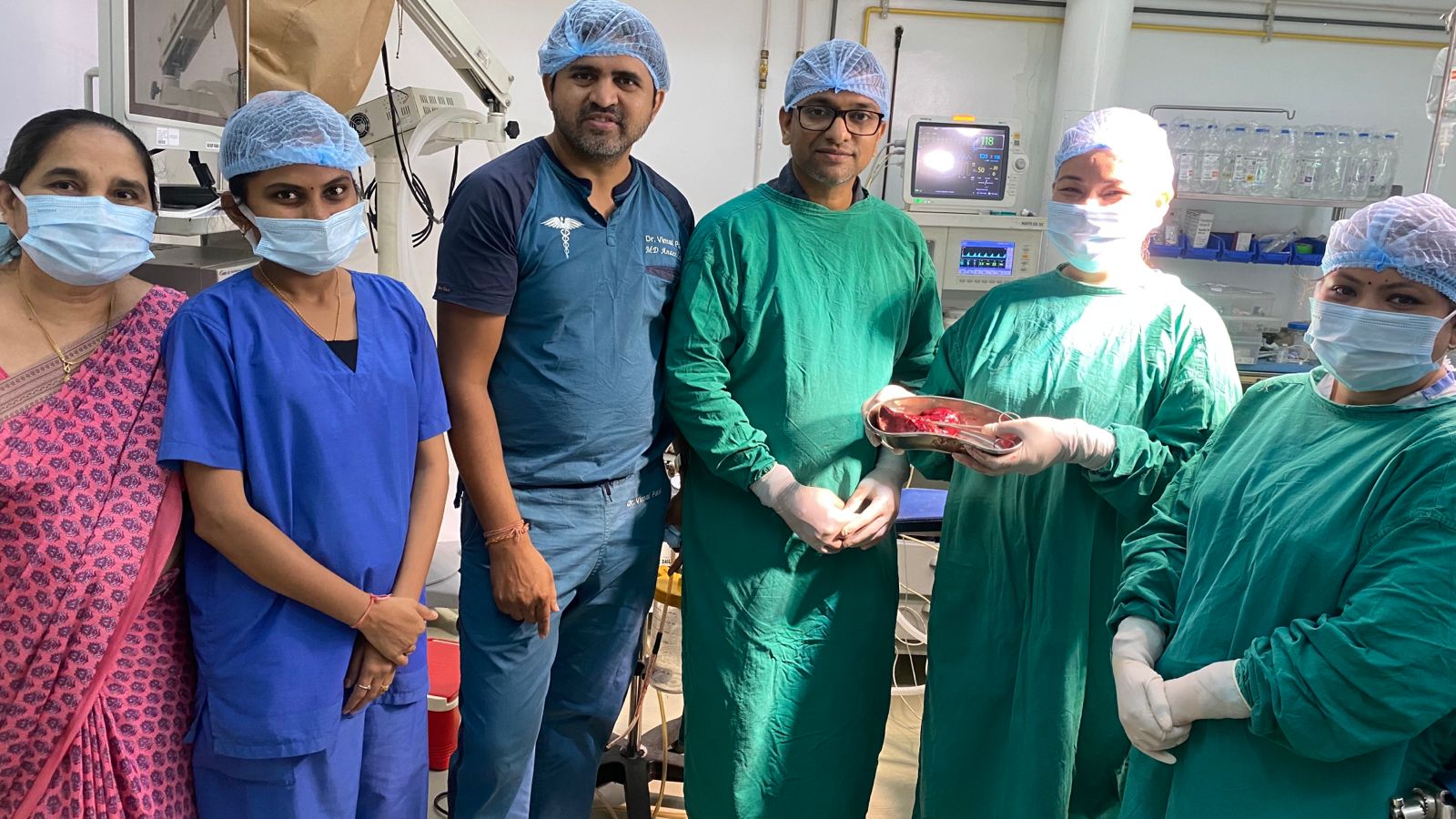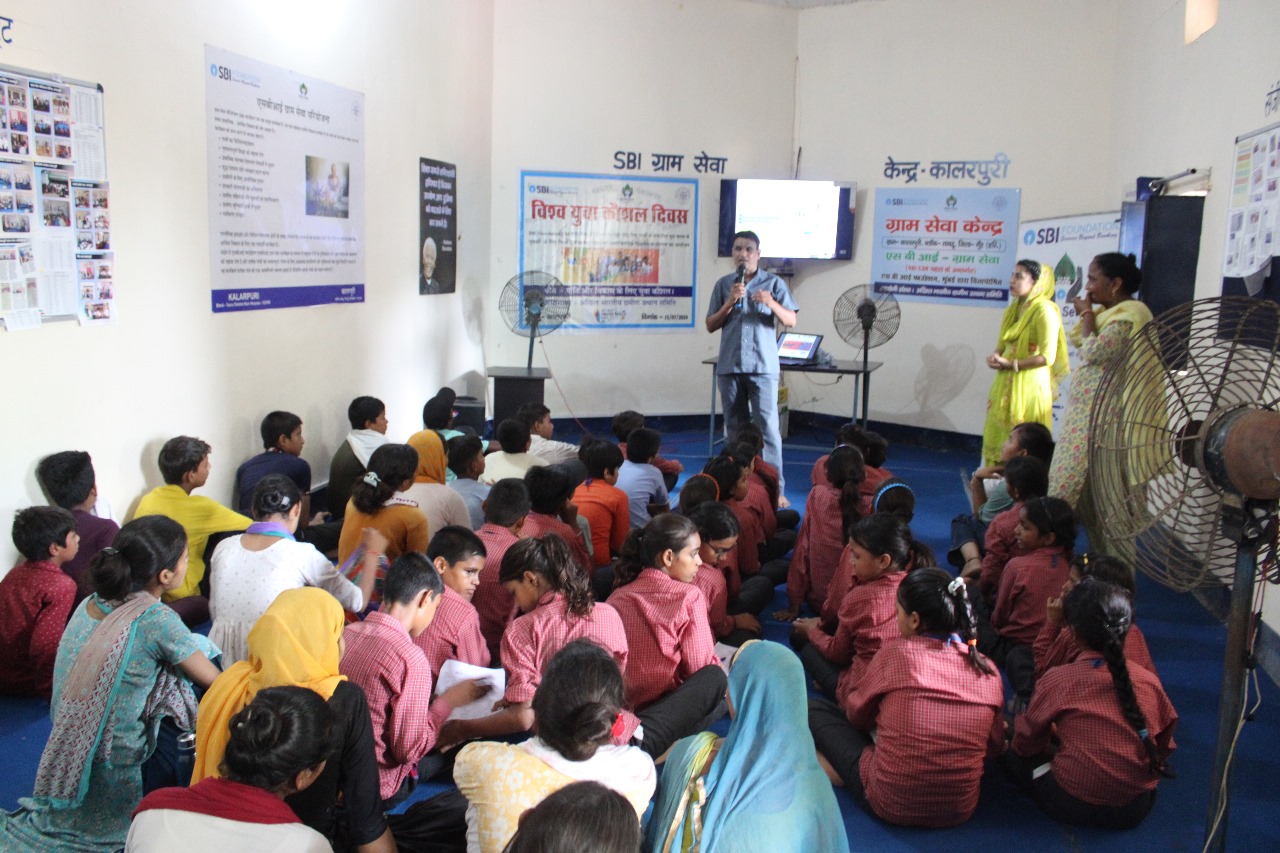Subscribe our Weekly Newsletter
RFP - Prepositioning Assistive Products for Humanitarian Emergencies

Organization: UNOPS
Apply By: 13 Sep 2024
About the Organization
UNOPS provides infrastructure, procurement and project management services for a more sustainable world.
Firmly grounded in UN values, we ensure our partners maximize the positive impact of their peace and security, humanitarian and development projects. Equality, inclusiveness, sustainability and resilience form the foundations of our work.
About the Proposal
The ATscale Secretariat, hosted by the United Nations Office for Project Services (UNOPS) in Geneva, Switzerland, invites interested and eligible non-governmental organizations (NGOs) and other non-profit organizations, as well as UN entities, to respond to a Call for Proposals (“CFP”) for the grant project: ‘Prepositioning of assistive products for humanitarian emergencies’.
The objective of the grant is to support the establishment of a stock of prepositioned assistive products at a UN logistics center in partnership with other UN agencies/international organizations and to respond to urgent needs of priority assistive products during humanitarian emergencies.
The number of people affected by crises is increasing. In late 2022, a record 339 million people were estimated to need humanitarian assistance, marking a substantial rise from the 235 million people reported in 2021 In January 2024, the United Nations High Commissioner for Refugees (UNHCR) Director of External Relations stated: “Over the past year, we have seen a staggering increase in emergencies, with new crises unfolding and unresolved ones deteriorating, pushing the boundaries of our capacity to respond.” In June 2024, UNHCR reported more than 117 million persons were forcibly displaced as a result of persecution, conflict, violence, human rights violations and other events.
Assistive Technology (AT) is an essential component of the humanitarian emergency response. AT helps address the urgent needs of, amongst others, people with newly acquired impairments, persons with pre-existing disabilities and older people. Emergencies such as natural and human-made disasters, conflicts, or public health crises can lead to significant rehabilitation needs, while simultaneously disrupting existing AT services. Access to AT contributes to a more inclusive and equitable humanitarian response. It assists overwhelmed health systems in delivering dignified healthcare, facilitating safe and earlier discharge and ameliorating protective concerns, especially for those with intersecting vulnerabilities. Persons with disabilities, including those with recent injuries, are especially at risk during humanitarian crises. Principles of disability inclusion and health and protection calls for identifying the additional barriers that persons with disabilities face and to address those when planning and delivering humanitarian assistance. An unmet need for AT can create access barriers to other essential services. Demand for AT often increases in humanitarian emergencies due to factors such as injury, disrupted access to routine healthcare, destruction or loss of existing AT and changes to the physical and social environment. A key challenge for children escaping conflict is the unmet need for assistive products (AP) such as wheelchairs, prostheses and hearing aids. Not having access to AT can reduce social resilience, hamper individual coping mechanisms, create financial stress and have a negative impact on family members. Access to AT serves as a lifeline for populations affected by emergencies and promotes independence, inclusion, and improved quality of life in challenging circumstances. Health systems are more resilient and the emergency response is more efficient and effective when rehabilitation is incorporated into emergency preparedness, readiness and early response.
In summary, the number of people affected by humanitarian emergencies is increasing, and injuries, disrupted access and vulnerability drive the increased need for AT during humanitarian emergencies. Access to AT during humanitarian emergencies is an enabler for access to other essential services. AT contributes to a more inclusive and equitable humanitarian response.
In summary, the number of people affected by humanitarian emergencies is increasing, and injuries, disrupted access and vulnerability drive the increased need for AT during humanitarian emergencies. Access to AT during humanitarian emergencies is an enabler for access to other essential services. AT contributes to a more inclusive and equitable humanitarian response.
Current global capacity for AT prepositioning must be strengthened to improve the speed and quality of AT provision within the humanitarian emergency response. Recent natural disasters and conflicts have shown that thousands of persons are in need of AT in emergency settings, yet the AT currently prepositioned by global stakeholders can only address the needs of a few hundred people.
Targeted impact of the grant/funding
The grant funding intends to increase access to essential and life-saving AT during humanitarian emergencies such as natural disasters or conflicts.
Scope of the grant/funding
Capacity for APs within the existing global prepositioning mechanisms is very limited. The quantity and quality of APs required in emergency responses can therefore result in excessively long procurement processes. Such procurement delays can threaten the effectiveness of the emergency response.
ATscale is investing in the prepositioning of AT10 kits (ten mobility and self-care products). Quantities are estimated based on a population of 10,000 displaced people or refugees. The kits have been developed and recommended by the World Health Organization, as they present the following advantages:
- They can respond to the needs of both persons with pre-existing disabilities/AT users and to the needs of persons newly injured and rapidly discharged from the hospital;
- They include a large variety of items, such as incontinence products, to respond to different needs.
Eligibility
Applicant category(ies)
The following categories of applicants are eligible to apply under this CFP:
- International non-governmental organizations (INGOs)
- UN system organizations
Applicant's country of registration and nationality
- All applicants (including consortium partners, if any) should be legally registered in countries where they have their headquarters.
- All applicants should have the necessary authorization to use storage facilities in the country selected for AP pre-positioning.
How to Apply
The deadline for submitting proposals is Sep 13, 2024 12:00 PM , Geneva, Switzerland, CET. Proposals should be submitted using the following method:
Proposals should be sent to bids@atscalepartnership.org
For more information please check the Link
Stay in the loop with the newest RFPs and Grants through NGOBOX's WhatsApp Channel. Join now by clicking here!
Latest Online Store
Latest Grants
© Renalysis Consultants Pvt Ltd





![RFP for Engaging Event Management Agency for Global Bio-India [GBI] 2024](./tender/tender_logo/6699ce3c67667.png)

















.jpg)
